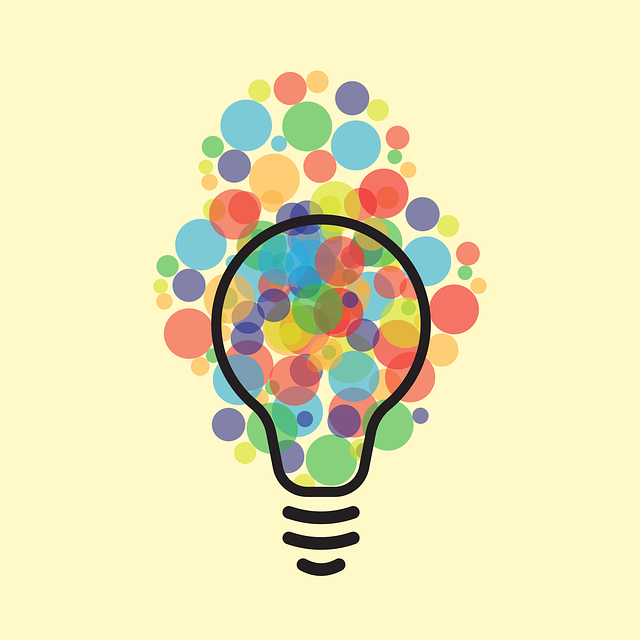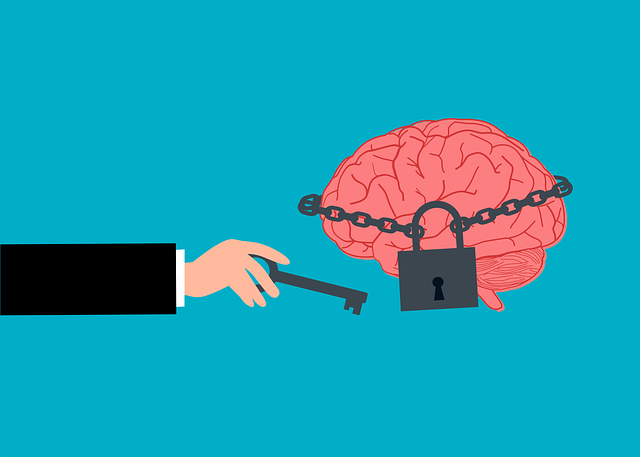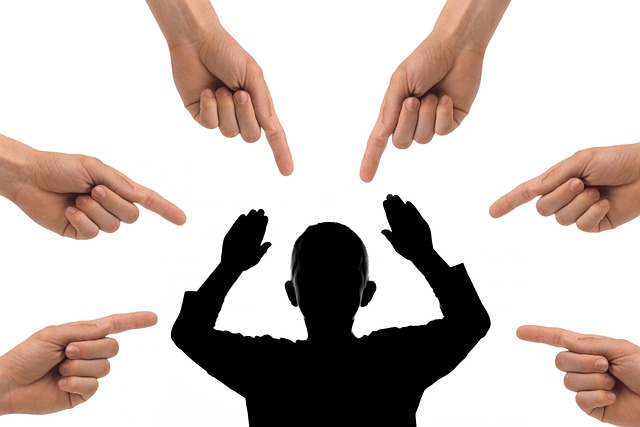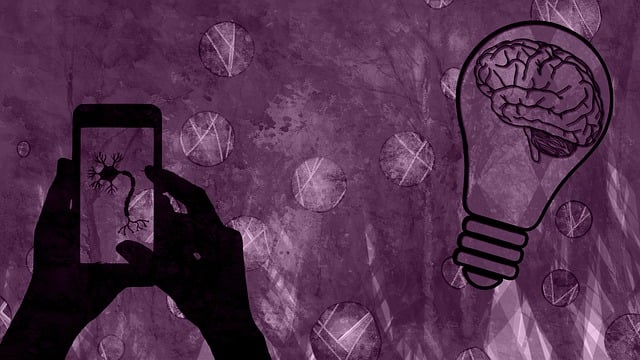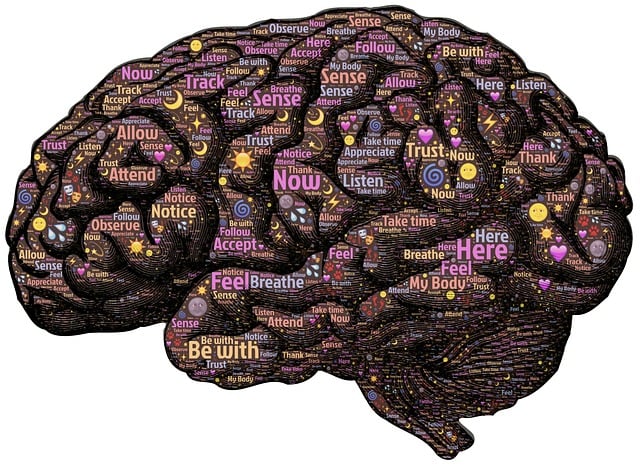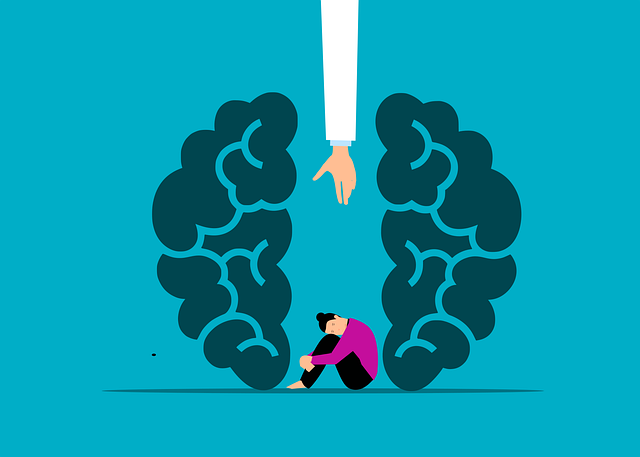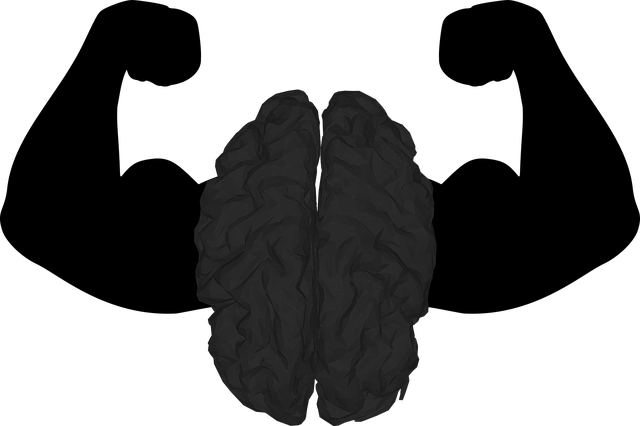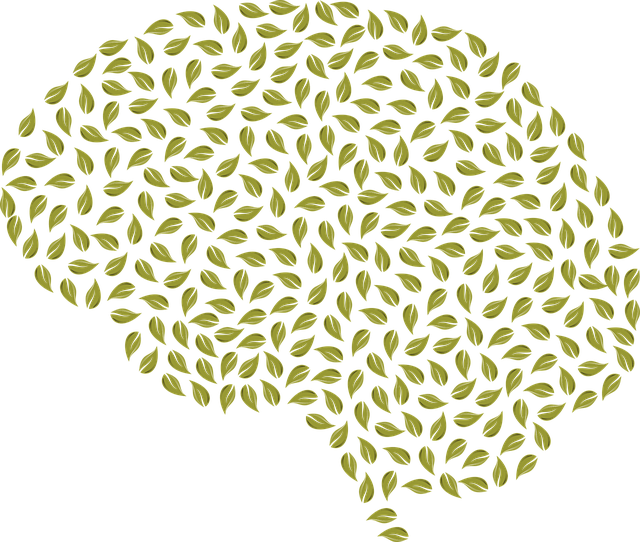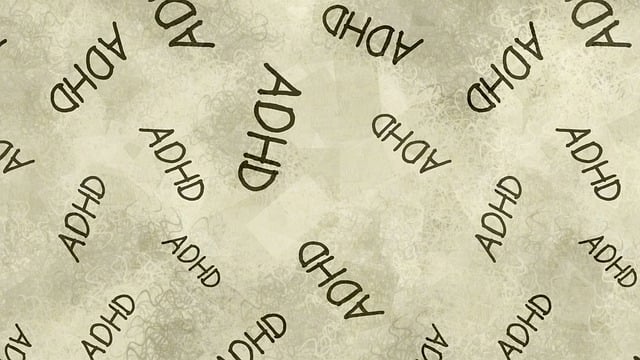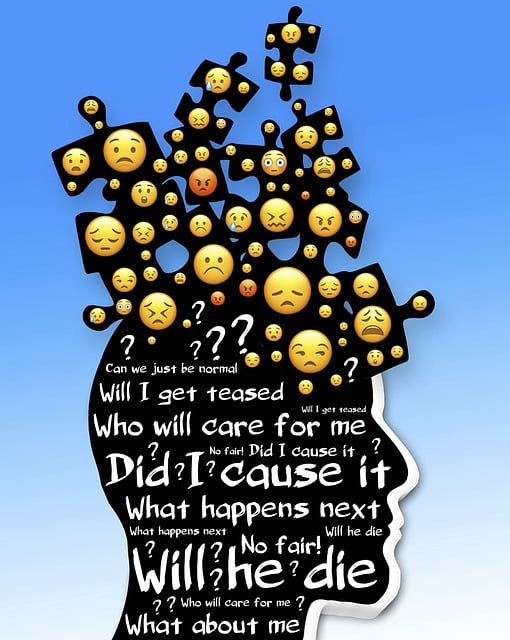Mental wellness groups provide a safe haven for individuals with complex conditions like Superior Dissociative Disorder (SDD) through peer support, mindfulness meditation, and creative arts. Facilitators guide structured activities that enhance self-awareness, emotional regulation, and coping mechanisms tailored to each member's needs. This holistic approach, combining group discussions, journaling exercises, and creative expression, fosters community building, self-discovery, and improved mental health outcomes, especially for those navigating SDD therapy within a Mental Health Policy Analysis context.
Mental wellness groups offer a powerful support system, fostering community and shared experiences. This article explores the art of group facilitation, delving into techniques that enhance mental health journeys. We dissect strategies for managing complex cases like Dissociative Disorder, emphasizing the unique benefits of group therapy. Discover how creative activities and tailored support can significantly improve outcomes, especially in addressing Superior Dissociative Disorder Therapy.
- Understanding Mental Wellness Groups and Their Benefits
- Techniques for Effective Group Facilitation
- Addressing Dissociative Disorder in a Group Setting
- Enhancing Therapy: Incorporating Creative Activities and Support Strategies
Understanding Mental Wellness Groups and Their Benefits

Mental wellness groups offer a unique and supportive environment where individuals with shared experiences can come together to enhance their mental health. These groups are designed to facilitate peer-to-peer support, fostering a sense of community among members. By participating in discussions, sharing personal stories, and engaging in various therapeutic activities, group members develop a deeper understanding of their mental wellness journey. This collective experience allows for the exchange of valuable insights, strategies, and coping mechanisms tailored to individual needs, particularly beneficial for those dealing with complex conditions like Superior Dissociative Disorder.
One of the key advantages of mental wellness groups is the opportunity for self-discovery and growth. Through structured activities such as Self-Awareness Exercises and Compassion Cultivation Practices, members gain valuable tools to navigate their emotions, increase empathy towards themselves and others, and cultivate a sense of inner peace. Furthermore, group facilitators play a crucial role in guiding discussions and promoting healthy exchanges, ensuring that each member feels heard, respected, and supported. This inclusive atmosphere encourages the development of essential Self-Care Routine Development skills for better mental health management.
Techniques for Effective Group Facilitation

Effective group facilitation techniques are essential for creating a safe and supportive environment that encourages open communication and fosters mental wellness among participants. One powerful approach is to incorporate elements of mindfulness meditation, which can help individuals manage stress, regulate emotions, and enhance self-awareness. By leading guided meditations or incorporating short moments of silence throughout the session, facilitators enable members to connect with their inner selves and cultivate a sense of calm, making it easier to engage in meaningful discussions.
Additionally, facilitating structured activities like group exercises, role-playing scenarios, or creative arts sessions can significantly contribute to positive outcomes. These activities not only promote active participation but also offer unique channels for expression, allowing individuals to explore and share their experiences. For instance, encouraging participants to express themselves through writing, painting, or drama can be particularly beneficial for those dealing with complex issues like Superior Dissociative Disorder Therapy (SDD). Incorporating these diverse techniques in a well-designed Mental Health Education Programs can enhance the overall effectiveness of group facilitation, ensuring that each member receives the support and guidance needed for their mental wellness journey.
Addressing Dissociative Disorder in a Group Setting

Addressing Dissociative Disorder in a Group Setting requires specialized techniques due to its complex nature. Superior Dissociative Disorder therapy involves creating a safe and supportive environment where individuals can begin to integrate their fragmented experiences. Group facilitation plays a crucial role in this process, offering a unique platform for shared understanding and healing. Facilitators should be well-versed in Crisis Intervention Guidance, ensuring they can navigate sensitive discussions and provide immediate support when needed.
Incorporating Mental Wellness Journaling Exercise Guidance within the group setting can be immensely beneficial. Encouraging members to explore their experiences through writing allows them to process traumatic memories, identify dissociation triggers, and develop coping strategies. This not only complements individual therapy but also fosters a sense of community among members, as they learn from each other’s journeys in the Mental Health Policy Analysis and Advocacy context.
Enhancing Therapy: Incorporating Creative Activities and Support Strategies

Incorporating creative activities and support strategies can significantly enhance therapy sessions, especially for individuals dealing with complex conditions like Superior Dissociative Disorder (SDD). These techniques offer a dynamic approach to mental wellness group facilitation, fostering an engaging environment that goes beyond traditional talk therapy. Through art, music, or even role-playing games, participants can explore their emotions and experiences in novel ways, encouraging self-expression and insight. For instance, conflict resolution techniques can be woven into creative activities, allowing members to visually represent and constructively address internal conflicts, thereby accelerating the healing process.
Cultural sensitivity plays a crucial role in these strategies, ensuring that activities resonate with diverse backgrounds and experiences. Incorporating culturally relevant art forms or storytelling methods can create a safe space for participants, fostering a sense of belonging and understanding. Moreover, self-care practices can be seamlessly integrated into group sessions, teaching members practical tools to manage stress and maintain mental equilibrium between meetings. This holistic approach not only enhances the effectiveness of therapy but also empowers individuals with skills that support their long-term mental wellness.
Mental wellness group facilitation offers a powerful tool for enhancing therapeutic outcomes, particularly in addressing complex issues like dissociative disorder. By employing techniques discussed in this article, including creative activities and tailored support strategies, facilitators can create a safe and supportive environment that fosters healing. In the context of superior dissociative disorder therapy, group settings provide a unique opportunity for individuals to connect, share experiences, and gain valuable insights from one another—all while receiving professional guidance. Ultimately, these facilitation techniques contribute to improved mental wellness outcomes and enrich the therapeutic journey.

